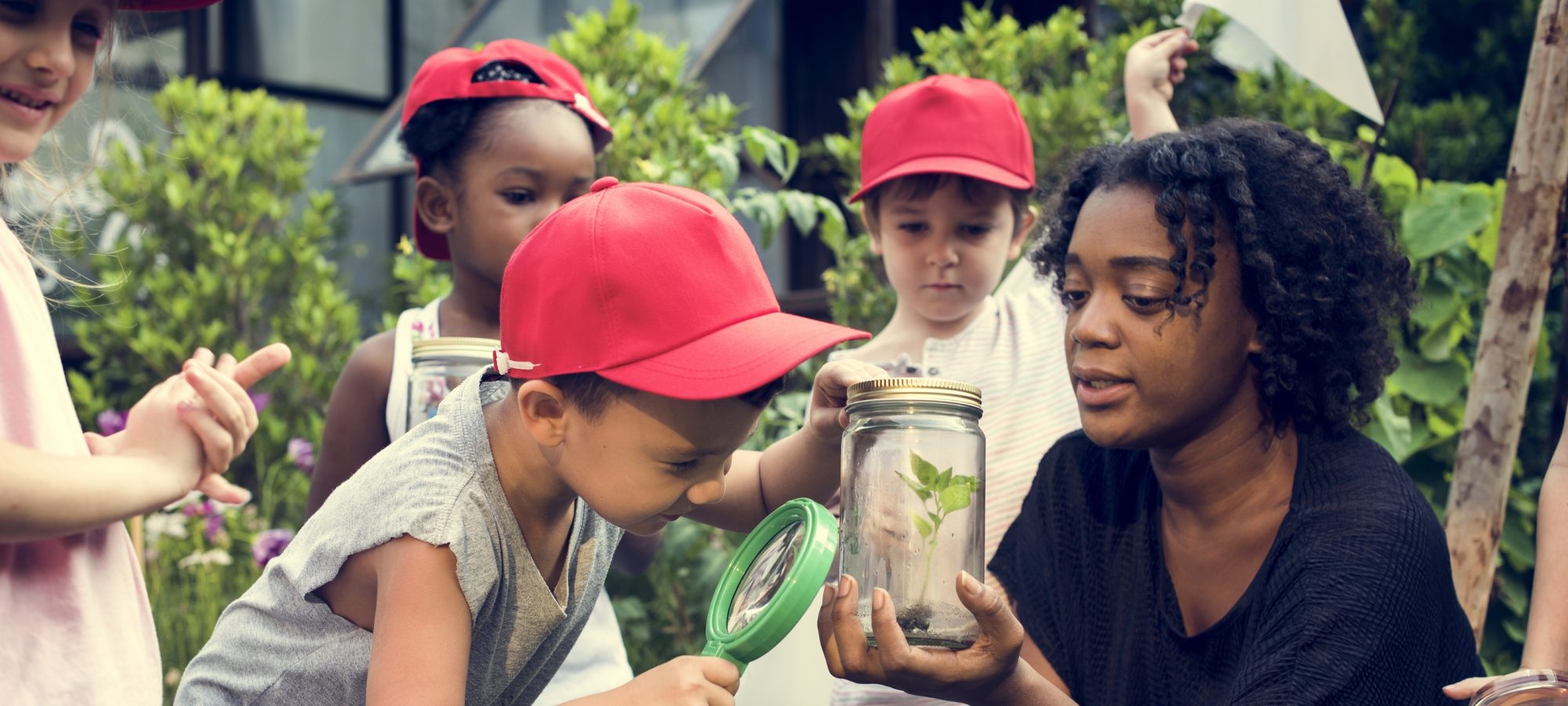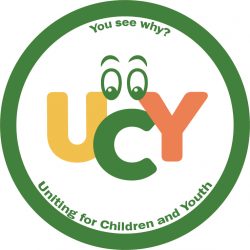How have we gotten to where we need “No Kings/No Tyrants Days”?
The foundations of strong democracies are not formed by subjecting young people to twelve years of authoritarian, competitive schools during some of the most formative years of their lives.
- Visit Sudbury International for visions of schools based on democratic principles. Google “democratic schools” and “democratic education” to learn more about how schools can be different.
- Read Seeds of Possibility published by Education Reimagined for visions of how whole communities and cities can become the classrooms of intergenerational learning.
- Read Wellbeing in Schools: Details of a pathway to mental health for a vision of how to transition public schools from authoritarian practices to ones where young people learn about democracy by living it. See the companion article written specifically for student leaders titled: Never Under-Estimate Student Power.
- For a measure of hope, learn how the Learning Planet Institute, supported by UNESCO, is growing the debate about a new social contract for education.
Uniting for Children and Youth is bringing attention to the good work being done by others to unite us in the task of aligning education with human rights and democratic values.
Upcoming Event
January 21 – 28, 2026
The 2026 Learning Planet Festival
The Learning Planet Youth Design Challenge – this is a great opportunity for youth who believe in student-led learning to share their views with influential people. https://www.learningplanetinstitute.org/en/ydc/
Readings
”For people wishing to bridge between conventional schooling and democratic education, the article Wellbeing in Schools: Details of a pathway to mental health provides much of what needs to be considered to make change a positive experience for everyone in a school community. Never Under-Estimate Student Power is a companion article written for students who wish to initiate change in their schools. Anyone who reads the article and thinks they have a strong chance of introducing more democratic practices in their school is welcome to contact Uniting for Children and Youth to discuss the possibilities.
The Future of RCE Making Change Stick
RCE Making Change Stick was created to grow a movement that brings rights respecting education to the mainstream. It presents a problem in need of a solution that can be equated to taking an idea from dream to reality. From this perspective, My Life, My Education and the Rights-Centric Education Network – RCEN can be regarded as prototypes that have not taken off, but they have taken us a good step closer to something that can fly.
What Has Been Learned?
- Respect for human rights are essential to wellbeing. A person’s mental health is impacted when their rights are violated, but the focus on rights is being questioned. It is suggested that it be shifted to wellbeing in order to resonate better with the general public. There is consequently a call to create the next prototype with wellbeing the core, and there appears to be interest among some people to get it defined.
- A problem that would partially disappear with the right prototype is that of establishing greater buy-in from the community of people who are already advocating for rights-centric education. Despite there being over 160 founders of the Rights-Centric Education Network, and a considerably larger number who have signed its Declaration of Child Rights-Centric Education, they are largely not working together. “Group collaborative capacity”, a term John Jones of World Systems Solutions has introduced to the discussion, is lacking. His document titled Conscious Collaboration is informative about what is needed to build that capacity.
- The implementation of change is as important as the change itself. In Making Change Stick, James Mannion describes how slice teams can be used to include the perspectives of everyone impacted by change initiatives.

